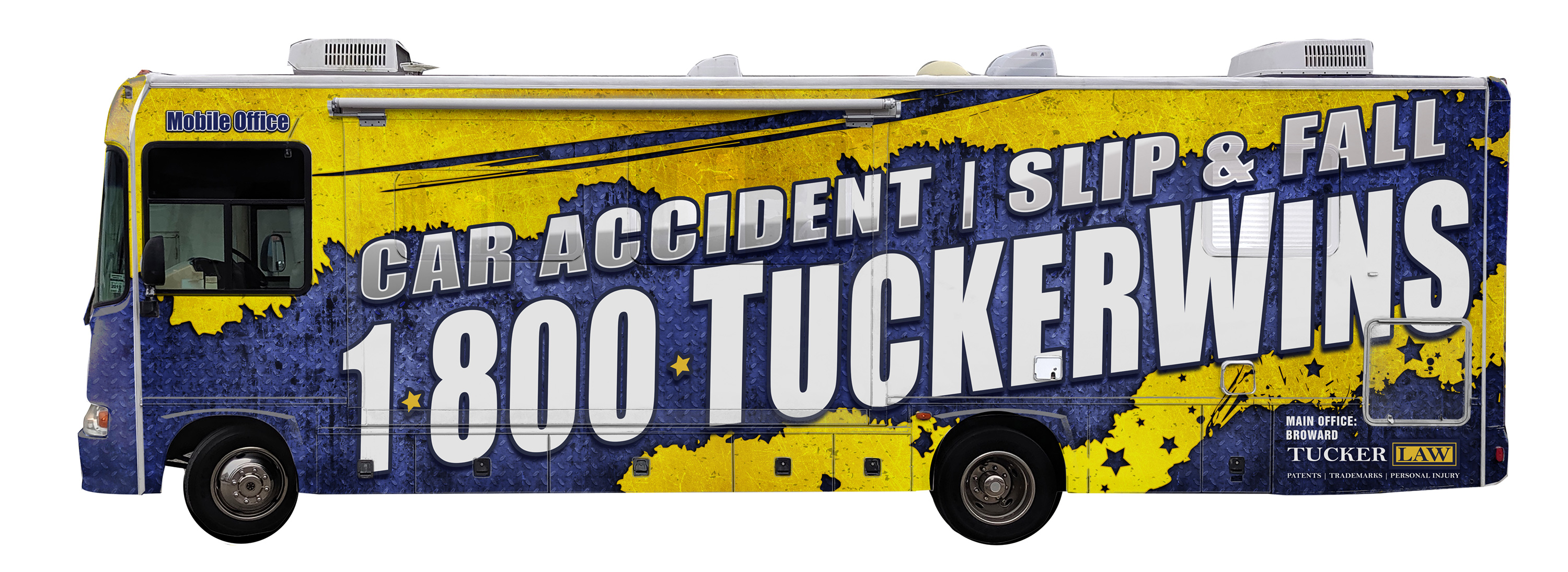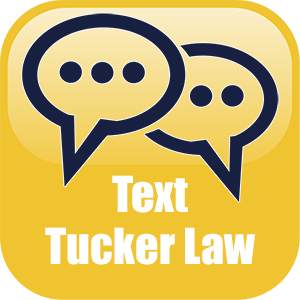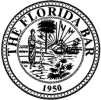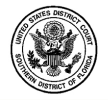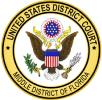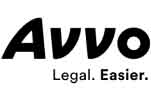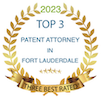

Patent Attorney
Tucker Law® is a leader in patent law. This includes drafting patent applications, managing patent appeals, enforcing patent rights, and negotiating licensing and royalty fees. With clients big to small, Tucker Law® will guide you through the United States Patent and Trademark Office in a way that fits your business. Don’t just lawyer up with any patent attorney, Tucker Up!
Patent Preparation and Prosecution
Tucker Law ® is a leading personal injury law firm. A personal injury attorney with our firm will fight hard for you. The Firm has recovered millions of dollars for car accident and injury victims. The firm fights to win. No Win, No Fee. That’s the Tucker Law Guarantee.
Patent Licensing
Patents are truly the property that can set businesses apart. Once you have received patent rights, you want to leverage the rights bestowed by the USPTO. Often, companies will seek to license their rights to others. Tucker Law will assist in drafting and managing complex patent license agreements, which can include royalty payments and audits. As we assist you with your patent licensing strategy, we will work together to identify sources of patent income that can be derived from your patent rights.
Patent Litigation
Tucker Law ® has a proven track record at trial, which also results in settlements. The firm’s vast experience in both federal court and the Patent Trial and Appeal Board makes it particularly suited to help obtain favorable results in your case. In addition, we have winning experience with complex post patent proceedings, including inter parte reviews. And we will breakdown and explain the complex proceedings in a way that makes sense and is efficient. Let Tucker Law fight to win in your patent litigation matter. Call 1-800-TUCKERWINS today.
The type of patent that you need
There are different types of patents. At the broadest level, there are three types of patent applications can be filed with the United States Patent and Trademark Office, which includes utility patents, design patents, and plant patents. Within utility patent applications, there are provisional patent applications and nonprovisional patent applications. Your specific goals and resources will help determine what type of application is appropriate to protect your invention. Helping clients determine the best application to file for their particular situation is an important part of the process. After listening to you, we will work together to construct the best course of patent prosecution before the USPTO.


Three major requirements for patentability
Novelty
The criteria for novelty is that the invention must be new. Meaning there can’t be anything exactly like it in the public realm. Public knowledge includes previous patent filings, any public writings, and anything used in public.
Useful
Inventions must has some sort of utility—or practical application—to accomplish a useful purpose. This is a very low bar an almost anything made by man under the sun is counts.
Nonobvious Variations of Prior Inventions
The majority of patent applications rejections are related to the nonobviousness requirement. Even when an invention is new, a patent cannot be obtained if the invention was an obvious various from what already exists. Obviousness is a complex term of art and applies when the subject matter as a whole would have been obvious to a person of ordinary skill in the relevant art.
Cases That We Handle
What Do Patent Attorneys Do
Patent attorneys are the unsung heroes of the innovative world, protecting brilliant ideas and securing the rights of inventors. As the gatekeepers of intellectual property, we play a critical role in safeguarding the future of innovation.
After reviewing our website, you’ll have a comprehensive understanding of the patent attorney profession, including the skills and qualifications required, the importance of confidentiality, and tips on choosing the right patent attorney to protect your intellectual property. So let’s dive in and unlock the secrets of patent attorneys, the guardians of innovation.
Key Takeaways
- Patent attorneys provide legal advice on intellectual property matters, including patentability assessments and drafting applications.
- They must have a degree in science/engineering plus a Juris Doctor from an accredited law school to qualify for the USPTO exam.
- Patent attorneys are responsible for upholding confidentiality regulations and representing clients in infringement disputes and other IP matters.
The Role of a Patent Attorney
Patent attorneys are indispensable in the protection of intellectual property. They are the professionals who bridge the gap between the realms of law, science, and technology, ensuring that inventors receive the rightful protection they deserve. As the overseers of patent law, they are tasked with:
- Drafting patent applications
- Representing clients before the United States Patent and Trademark Office (USPTO)
- Providing legal advice on intellectual property matters, including intellectual property law.
They play a key role in protecting intellectual property, ensuring that the dedication and ingenuity of inventors don’t get exploited. By formulating patent applications, representing clients in front of the USPTO, and providing legal counsel on IP issues, patent attorneys help protect the inventions that shape our world, ensuring that the rights of the inventors are upheld in case of patent litigation.
Do You Need to Apply For a Patent? Call Us 1-800-TUCKERWINS
Drafting Patent Applications
Drafting patent applications is a delicate art that requires precision and a deep understanding of the patent system. With organizations like the USPTO and the Canadian Intellectual Property Office governing the patent application process, patent attorneys must be well-versed in the language of patents and the intricacies of the system. A single word can change the meaning of an entire patent, potentially leading to unintended consequences and a vastly different outcome than what the inventor intended.
When meeting with a patent attorney or agent, inventors should come prepared with information about their invention’s basic configuration and any optional enhancements. Visual aids, such as photographs and line drawings, can be especially useful in conveying crucial information about the key components or aspects of the invention.
The precision of a patent application can determine its success or failure, underscoring the value of a proficient patent attorney.
Representing Clients Before the USPTO
Patent attorneys, acting as representatives for inventors before the USPTO, help clients navigate the intricacies of the patent system. In order to do so, they must pass the patent bar exam, which enables them to obtain a license to represent clients before the USPTO. This exam assesses their knowledge of patent laws, rules, and procedures.
Armed with their specialized knowledge, patent attorneys act as powerful advocates for inventors, protecting client interests throughout and beyond the patent application process.
Value of Patents
There are many different business purposes for obtaining patent rights. Some of the key advantages include:
INCOME GENERATION
Patents may provide you with an ability to corner the market and generate revenue. Your company can produce a product or product line, license the use of the patented invention, sell the patent to somebody else, or utilize a combination of all three.
MARKETPLACE ADVANTAGE
A valuable patent can provide the ultimate marketplace advantage. By stopping others from entering a product or process into the stream of commerce that infringes on your patent, your products can be differentiated in the marketplace. If you are the only company allowed to practice an invention, you gain significant bargaining power when sourcing parts from other companies. Furthermore, a patent can allow you to set premium prices on your ultimate product sold to consumers and recoup your costs associated with research and development.
CREDIBILITY
Patents provide credibility when approaching investors and big box stores. Investors commonly want to invest in patented products that have one or more patents that act as a barrier to competitors’ entry into the marketplace. In fact, cost of entry into a market is rarely a real deterrent to block entry. Patents act as the best and most prudent legal mechanism to bar entry of competitors.
COST REDUCTIONS
Patents can help reduce your business costs. When you are the only one allowed to produce a particular patented product or component, your success helps force manufacturers to compete for use of their components for use in your system. In doing so, you may also be at a greater advantage to negotiate for reduced royalty rates on patented components that can be combined with your invention. In other cases, you create a new line of products that eliminates a competitors patented component and thereby eliminates a royalty rate that others are forced to pay. By reducing or eliminating a royalty rate, your patent may provide a significant competitive advantage by allowing you to set prices that undercuts your competitors.
LEGAL DETERRENCE
For some companies, patents are obtained without any intention of ever enforcing their patent rights. Instead, patents are obtained defensively to avoid litigation. At first, that may seem inconsistent with the purpose of patents. But the threat of a counterclaim can deter competitors from filing a patent lawsuit in the first place. As an example, Red Hat is one major software company has developed a patent portfolio for the sole purpose of deterring others from suing over patent rights. In fact Red Hat openly states on their website that anybody can obtain a license for use of their software so long as the user does not institute a patent lawsuit against Red Hat.
How Long do I Have to Obtain a Patent?
As soon as you sell a product, or even offer to sell your product, a 1 year clock begins to run. At the end of the 1 year anniversary, you can no longer obtain patent rights on the aspects of the invention that were being sold. Thus, each time you improve on your existing products, you must file a new patent application if you would like to protect the new features.
Can You Help Identify Patentable Features?
Yes, it is common for Companies to seek the advice and counsel of a Firm Patent Attorney to evaluate up-and-coming product lines for patentable features.
Providing Legal Advice on Intellectual Property Matters
Patent attorneys offer a range of services, including:
- Assisting in drafting patent applications
- Representing clients before the USPTO
- Providing legal counsel on intellectual property matters
- Assessing the validity of patents
- Maximizing the potential of inventions
- Conducting patent searches
- Drafting patent applications
- Representing clients in patent disputes
Additionally, patent attorneys can assist with trademark and copyright issues, licensing agreements, and intellectual property portfolio management. They may provide guidance on patentability, infringement, and validity of patents, ensuring that inventors have a comprehensive understanding of their rights and how to protect them.
Qualifications and Skills Required for Patent Attorneys
Thriving as a patent attorney necessitates a robust educational background, professional credentials, and specialized abilities. A patent attorney must have an in-depth understanding of both the law and the patent system, be familiar with the language used in patent applications, and have the ability to effectively navigate the patent office bureaucracy.
In addition to their legal expertise, patent attorneys must also have a strong foundation in science or engineering, as their work often involves complex technical concepts and inventions. This distinctive fusion of legal and technical understanding positions patent attorneys as invaluable contributors to the intellectual property sphere.
Educational Background
A typical patent lawyer must have a degree in science or engineering, along with a Juris Doctor degree from an accredited law school. This strong foundation in both technical and legal fields allows them to effectively represent clients in the complex world of patent law.
However, individuals without a degree in science or engineering may still become patent attorneys by undertaking further study in either field to become eligible for the USPTO exam. This blend of legal and technical education arms patent attorneys with the tools needed to traverse the complex patent system, guaranteeing inventors receive the protection they merit.
Professional Qualifications
In order to practice patent law, a patent attorney must successfully complete the state bar exam and the patent bar exam. The state bar exam is a standardized test that lawyers must pass in order to practice law in a particular state. This exam comprises multiple-choice questions on various areas of law, essay questions, and longer tasks designed to assess candidates’ legal approach to situations.
The patent bar exam, on the other hand, focuses specifically on patent laws, rules, and procedures, and is required for patent attorneys to represent clients before the USPTO. Clearing both exams signifies patent attorneys’ comprehensive legal acumen and expertise in patent law.
Specialized Skills
Patent attorneys require specialized skills in legal and scientific writing, legal advising, and technical knowledge. Drafting patent applications and other legal documents necessitates proficient legal and scientific writing skills, as well as the ability to clearly and concisely explain intricate concepts.
In addition to their writing abilities, patent attorneys must also possess strong legal advisory skills in order to provide legal counsel on intellectual property matters, as well as the necessary legal representation abilities to represent clients before the USPTO. This distinctive skill set empowers patent attorneys to efficiently safeguard and champion their clients’ intellectual property rights.
Patent Attorney vs. Patent Agent: Understanding the Differences
While both patent attorneys and patent agents can assist with patent-related matters, there are some key differences between the two professions that are essential to understand. The primary distinction lies in their qualifications and scope of practice. A patent attorney is a qualified attorney who has passed the patent bar exam, enabling them to draft and prosecute patent applications, offer legal advice, and represent clients in legal proceedings such as patent infringement cases.
On the other hand, a patent agent is a person who has successfully taken the Patent Bar through the U.S. Patent and Trademark Office (USPTO) but does not possess a legal degree. While they can provide assistance with patent-related matters, they are not able to offer legal advice or representation, which may be crucial in protecting an inventor’s intellectual property rights.
Choosing the Right Patent Attorney: Tips and Considerations
Choosing an apt patent attorney is a significant decision that can strongly influence the security and prospective success of your intellectual property. When choosing a patent attorney, consider factors such as their technical understanding, capacity to explain intricate ideas succinctly, and broad legal expertise. Cooperation and communication are essential in order to establish a productive working relationship, so be prepared with information about your invention and any visual aids when meeting with a patent attorney.
You should also verify that your selected patent attorney is proficient in patent terminology, familiar with the complexities of the patent system, and current on pertinent patent regulations. With the right patent attorney by your side, you can confidently navigate the complex world of patent law and protect your intellectual property.
The Importance of Confidentiality in Patent Law
Confidentiality holds paramount importance in patent law, given the imperative to protect sensitive information. Patent attorneys are obligated to uphold client confidentiality by federal regulations, ensuring that sensitive information is not disclosed without authorization.
Confidentiality agreements are essential when working with someone other than patent attorneys, as they help ensure the secrecy of the invention during the patent application process. By maintaining strict confidentiality, patent attorneys protect the interests of their clients and preserve the integrity of the patent system.
Navigating Patent Infringement and Enforcement
Patent attorneys, also known as patent lawyers, are key players in guiding through patent infringement and enforcement successfully. Beyond drafting and prosecuting patent applications, they play a vital role in safeguarding patents from infringement and initiating litigation if necessary.
This includes representing clients in:
- patent disputes
- trademark and copyright issues
- licensing agreements
- intellectual property portfolio management
By providing comprehensive legal representation and expert guidance, intellectual property lawyers and patent attorneys help protect the rights of inventors, ensuring that their intellectual property remains secure and that they can continue to contribute to the world of innovation and progress.
Frequently Asked Questions
What exactly does a patent lawyer do?
A patent lawyer provides business advice and intellectual property protection, prepares and files patent applications, represents clients in court for patent-related matters, and deals with the registration or transfer of intellectual property rights.
They also advise on contract-related issues, such as licensing.
Is a patent attorney the same as a lawyer?
Yes, a patent attorney is the same as a lawyer in that they are both qualified and licensed to practice law, but a patent attorney also has the added benefit of having passed the United States Patent and Trademark Office patent agent registration examination and having expertise in patent law.
Why should I hire a patent attorney?
Hiring a patent attorney ensures that you will benefit from their expertise and experience in handling the patent application process and related issues. A lawyer will also provide you with essential legal advice to secure your patent and guide you throughout the entire process.
What qualifications are required to become a patent attorney?
In order to become a patent attorney, one must have a degree in science or engineering, a Juris Doctor degree from an accredited law school, and they must also successfully complete the state bar exam and the patent bar exam.
In addition to these educational requirements, patent attorneys must also have a strong understanding of the patent process and the laws that govern it. They must also be able to effectively communicate their knowledge to clients and other attorneys.
What is the difference between a patent attorney and a patent agent?
Patent attorneys are qualified lawyers who can provide legal advice and represent clients, whereas patent agents lack the qualifications to offer this kind of service.
FREE Case Review
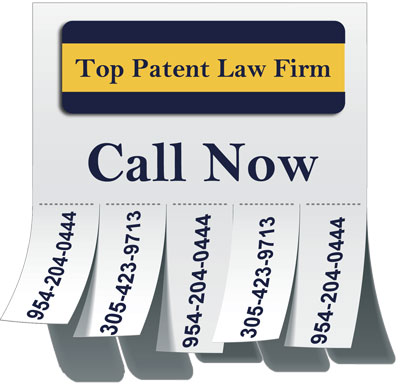

Mobile Office
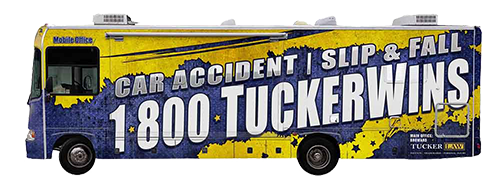
Whether you are injured or have an idea for an invention, Tucker Law has the ability to meet clients anywhere in Florida. Ask our staff about our mobile office. That is why we can meet clients with our 32 foot mobile office anywhere. From driving to the scene of a crash, to meeting with accident victims at their house or other safe locations, our mobile office can help you regardless of your location or your ability to drive.
